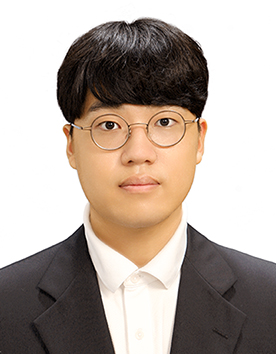![[Silhouette of Soldiers Walking, Credit to Pexels]](https://cdn.heraldinsight.co.kr/news/photo/202210/1721_2565_3353.jpg)
Half (50.1%) of Korean teenage girls hold positive views of young women who want to participate in military service for the nation.
An August 2022 survey of 160 Korean teenagers, 14 to 19 years old (80 males, 80 females) found that 67.5% of boys and 50.1% of girls do not support the prevailing idea that only men should serve in the Korean military.
Conversely, 12.5% of male and 20.0% of female teenagers support the idea that only able-bodied men should serve in the military.
The survey also asked, “Should all young citizens – men and women – be equally required to serve in mandatory military service?”
Of those surveyed, 53.8% of male and 30.0% of female teenagers answered favorably.
While only 30% of female teens agree with the idea of a female draft system, findings from the same survey show that about half of female teenagers believe that they should be able to choose to serve the nation rather than being forcibly drafted into the conscription program.
In fact, only 25.1% of female respondents are against the idea of drafting women into compulsory military service, whereas about 45% of female teens are neutral to a female draft.
These results show an interesting trend among Korean women’s perceptions and attitudes toward military service.
For example, a 2021 Gallup Korea poll of 1,003 Korean adults showed a widening level of disagreement between younger and older female adults on the idea of female conscription: 35% disagreement among those in their 20s, 41% among those in their 30s, 51% among those in their 40s, 41% among those in their 50s, and 43% among those 60 and older.
By contrast, the level of disagreement among young females, particularly those in their teens (25%), was lower compared to all other age groups.
Surprisingly, younger and older females have markedly different views of military service, with younger females largely expressing a more positive view of female military service. This implies that females in their teens and 20s are not as opposed to the idea of female conscription.
In an effort to compensate those who complete their compulsory military service, a reward program can be considered, which can benefit individuals as they start their careers.
Twice as many male (73.8%) as female (35.0%) teenagers favorably view the policy on a rewards program for men who complete their mandatory military service.
However, almost identical percentages of both male (70.1%) and female (70.0%) teenagers see themselves agreeing favorably to a rewards system to compensate those men and women who complete their military service.
This shows that female teenagers prefer a policy that allows women to selectively choose military service over a mandatory service.
Furthermore, female teenagers believe that it is fair to give males and females the same conscription benefits conferred on those who have completed their military service.
As of 2020, Statistics Korea reported that active-duty enlisted women in the military account for 2.4% of the 560,000 service members.
If increasingly more female recruits choose to serve in the military, the nation first needs to address improvements of training facilities and basic training programs, and provide better safeguards against sexual violence and abuse.
This focus on military service for women should be addressed alongside progress towards female-friendly military policies and a system that will promote gender equality in South Korea.

Abe Shin
12th Grade
Asia Pacific International School

